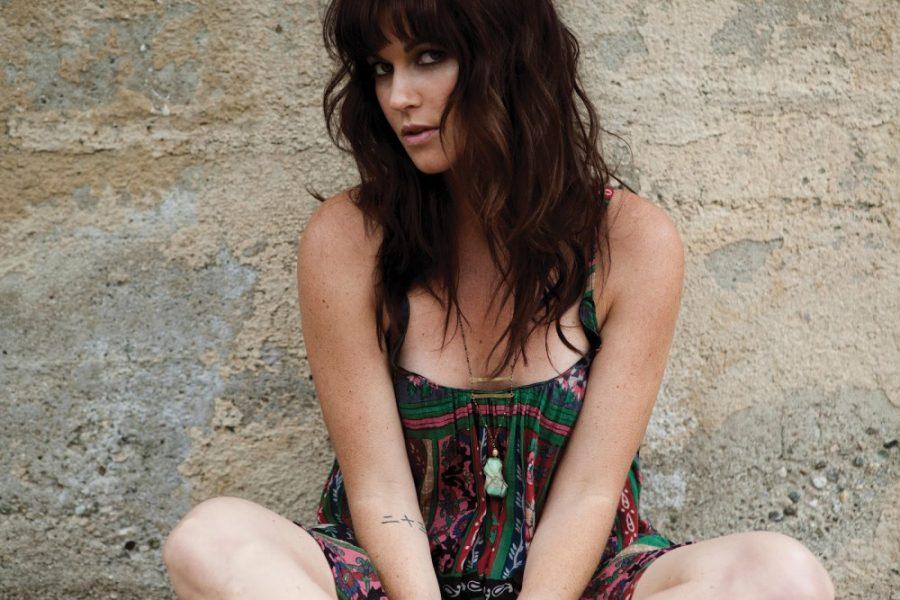Less than a week after the release of her third album, Cedar & Gold, San Diego musician Tristan Prettyman can finally breathe again. “When I came back to do this record, it felt like I was starting a fresh conversation,” explains Prettyman, “a fresh start with both myself and with making music.” Though Cedar & Gold’s triumphs seem to erase any memory of her absence, it is actually her first album since a self-described “four-year hiatus” from music that was fraught with personal struggle.
Much has been made of Cedar & Gold’s being inspired by Prettyman’s engagement to and subsequent split from fellow musician Jason Mraz, and in songs like the aptly-titled “I Was Gonna Marry You,” Prettyman does indeed address the difficulties she faced. What’s more impressive, however, is the way in which Prettyman weaves her own personal experiences into more abstract and universal explorations of love through every track on Cedar & Gold. She explains that the album’s themes are based on the concept of alchemy, the fabled practice of turning lead into gold.
“Around the time that I started working on Cedar & Gold I had this friend who was working with an alchemist, and the more he told me about it the more I realized that I was performing a kind of alchemy of my own,” Prettyman said. “I was taking all of these unfortunate emotions and turning them into something good, which were these songs that ultimately got me to put out another album.” What came of her pop song alchemy is remarkable — a 12-song record that blows many other singer-songwriter albums this year out of the water with its stark melodies and often gut-wrenching expressions of heartbreak.
Though at times songs like “Second Chance,” with its refrain of “I don’t feel anything anymore” can be difficult to listen to, it’s important to understand Prettyman’s fundamental belief in keeping one’s head up. “I do have a sense of hope, a belief that things are happening for a reason,” she said. The songs certainly reflect this, and it’s a testament to Prettyman’s ability and maturity that an album derived from such pain still manages to leave listeners with the impression that things just might work out.
This maturity can be felt all throughout the album, from hip-hop cool songs like “Bad Drug” to the dynamic pairing of album opus “Deepest Ocean Blue” with the unabashedly goofy “The Rebound.” As Prettyman explains, “It was important to me to take all these different sides of myself and put them on the album. You know, nothing is ever permanent. One hour I’m crying about what happened and the next I’m laughing with my friends. All of that is on the album.” With Cedar & Gold, Prettyman proves that sometimes the best medicine is simply an acoustic guitar and a melody to sing along to.
Follow us on Twitter @wildcatarts.









